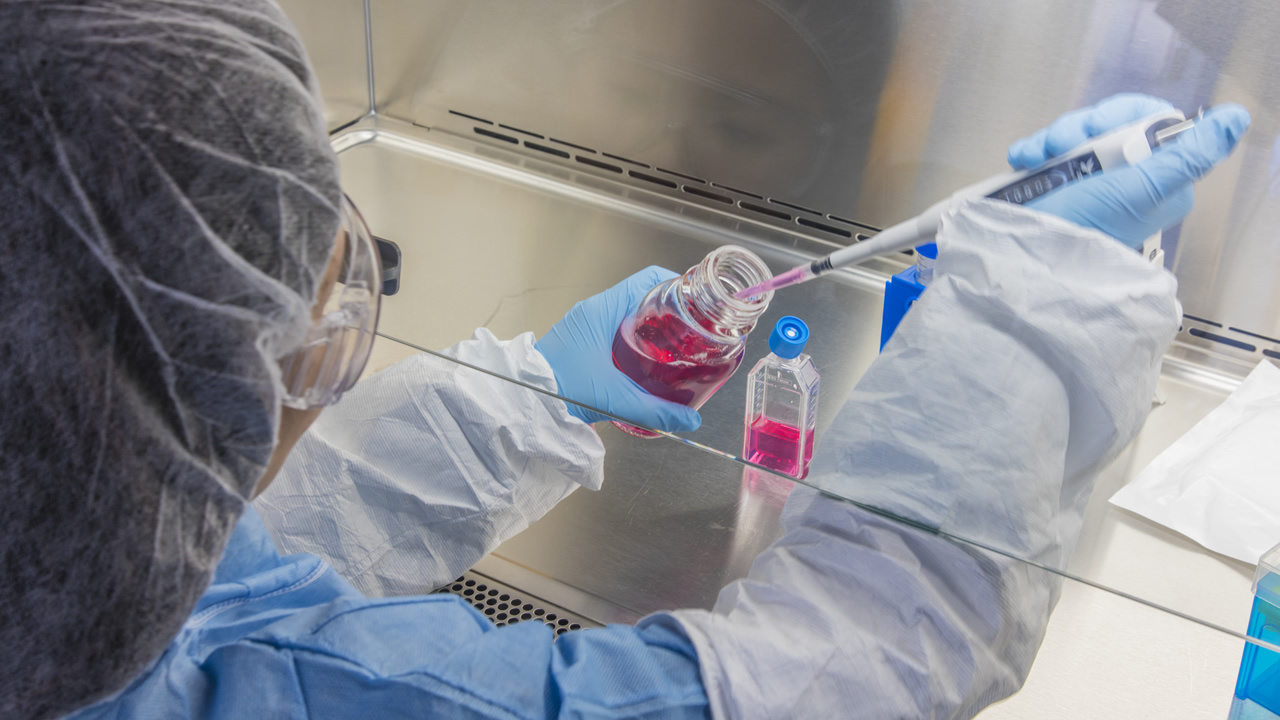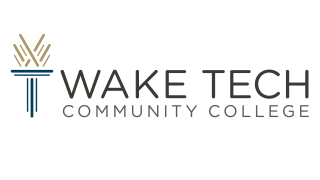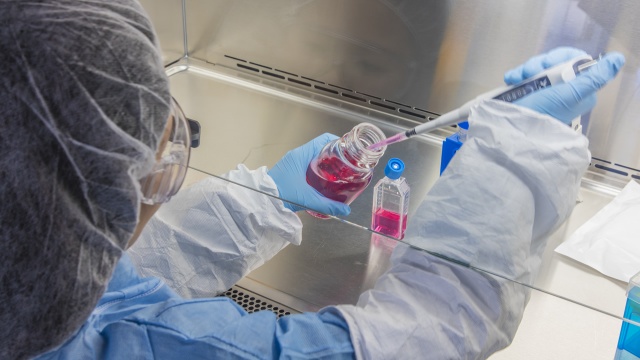Build on the foundation you constructed in Aseptic Processing Level I with this course, a hands-on experience in which you hone aseptic operational skills in a simulated CGMP cleanroom environment.
We supplement each laboratory activity with vibrant classroom discussion so what you learn isn’t just theory. You actually relate topic knowledge to aseptic processes and function.
The course faculty correlate instruction with regulatory guidelines governing pharmaceutical aseptic activities.
Aseptic technique is vital to maintain product integrity and customer safety. Currently, this class is only offered at our BioNetwork Capstone Center in Raleigh, NC.
This course equips any employee whose responsibilities depend on aseptic technique, including:
- Manufacturing Technicians
- Team Leaders and Supervisors
- Quality Control Personnel
- Quality Assurance Personnel
- Maintenance / Engineers – Aseptic Emphasis
- Plus Those Seeking Employment in the Pharmaceutical Industry
Meets six hours per day for four days and is aligned with regulatory guidelines. It covers:
- Microenvironments Used in Aseptic Manufacturing/Testing
- Isolator and BSC Laboratory Exercises
- Closed System Aseptic Connections
- Media Fill Process Simulations
- Product Release Testing
- Regulatory Aspects of Aseptic Processing
- Biosafety Levels and Precautions
- Endotoxins
- Water Systems
- Lyophilization Overview
- History of Aseptic Processing
- Deviation Investigations
- Perform aseptic process simulations within LAFs, BSCs and Barrier Isolators.
- Compare open-system to closed-system aseptic processes.
- Understand endotoxins and methods used for testing their presence in manufacturing operations.
- Define water’s role in parenteral drug manufacturing.
- Conduct an investigation into aseptic processing issues.
- Prescribe a CAPA report based on observations.
- Apply hands-on experience in media fill process simulations.
- Use hands-on experience of final product release testing.
Delivered in-person in a classroom or lab setting.
Build on the foundation you constructed in Aseptic Processing Level I with this course, a hands-on experience in which you hone aseptic operational skills in a simulated CGMP cleanroom environment.
We supplement each laboratory activity with vibrant classroom discussion so what you learn isn’t just theory. You actually relate topic knowledge to aseptic processes and function.
The course faculty correlate instruction with regulatory guidelines governing pharmaceutical aseptic activities.
Aseptic technique is vital to maintain product integrity and customer safety. Currently, this class is only offered at our BioNetwork Capstone Center in Raleigh, NC.
This course equips any employee whose responsibilities depend on aseptic technique, including:
- Manufacturing Technicians
- Team Leaders and Supervisors
- Quality Control Personnel
- Quality Assurance Personnel
- Maintenance / Engineers – Aseptic Emphasis
- Plus Those Seeking Employment in the Pharmaceutical Industry
Meets six hours per day for four days and is aligned with regulatory guidelines. It covers:
- Microenvironments Used in Aseptic Manufacturing/Testing
- Isolator and BSC Laboratory Exercises
- Closed System Aseptic Connections
- Media Fill Process Simulations
- Product Release Testing
- Regulatory Aspects of Aseptic Processing
- Biosafety Levels and Precautions
- Endotoxins
- Water Systems
- Lyophilization Overview
- History of Aseptic Processing
- Deviation Investigations
- Perform aseptic process simulations within LAFs, BSCs and Barrier Isolators.
- Compare open-system to closed-system aseptic processes.
- Understand endotoxins and methods used for testing their presence in manufacturing operations.
- Define water’s role in parenteral drug manufacturing.
- Conduct an investigation into aseptic processing issues.
- Prescribe a CAPA report based on observations.
- Apply hands-on experience in media fill process simulations.
- Use hands-on experience of final product release testing.


